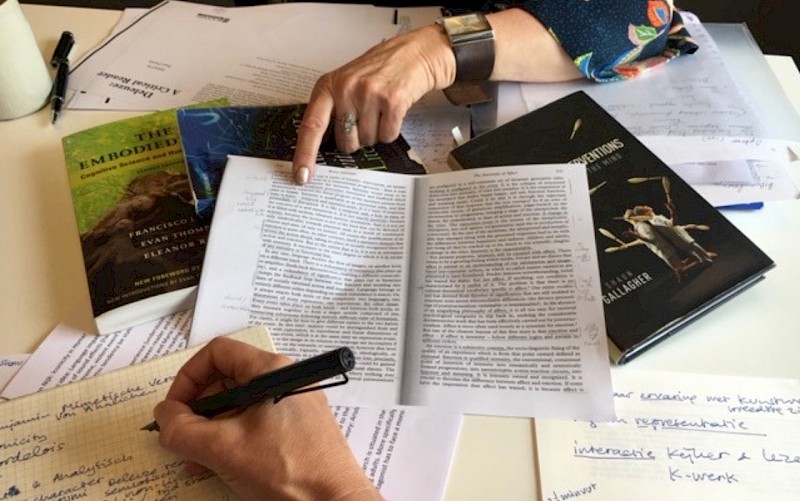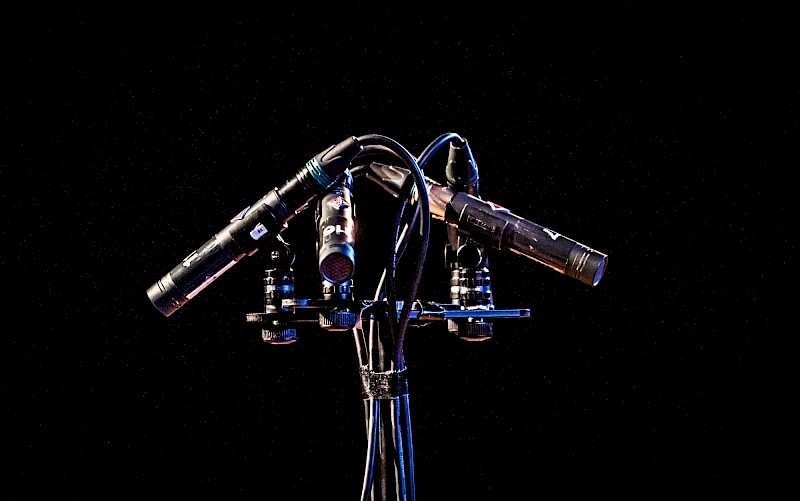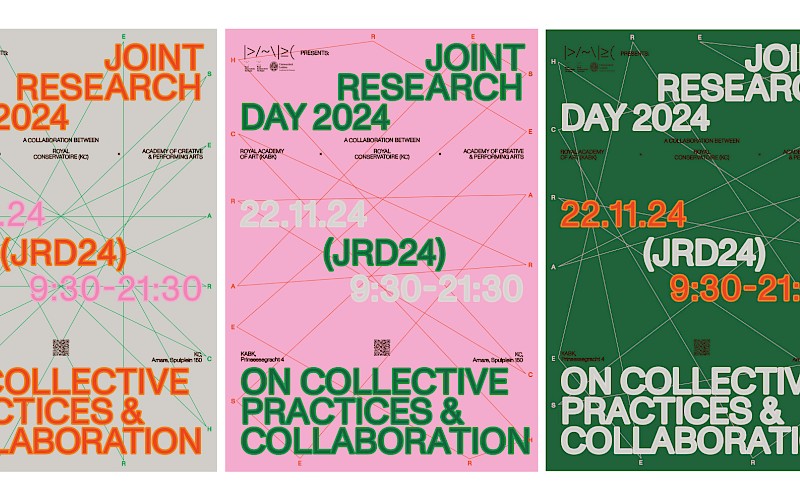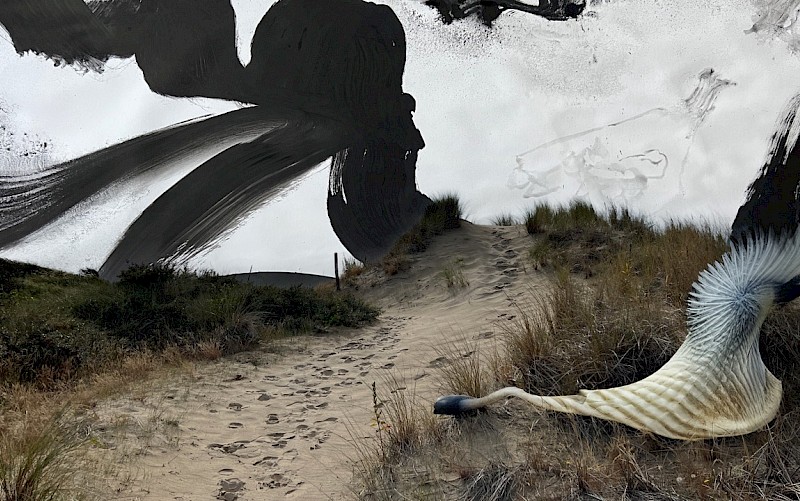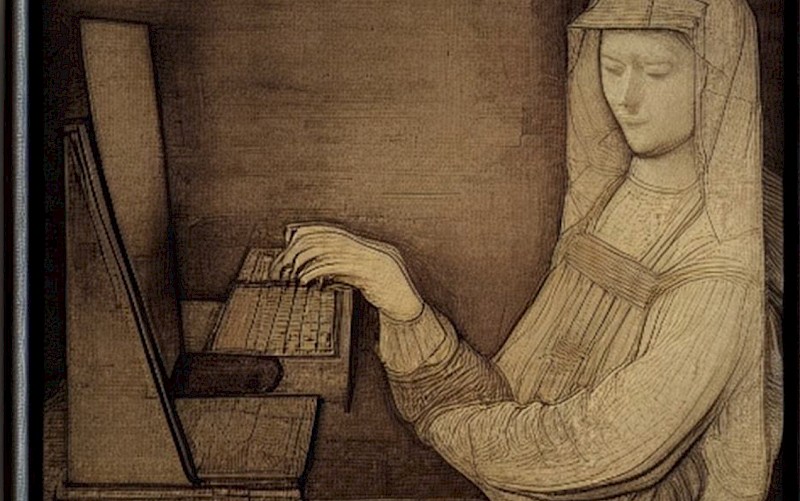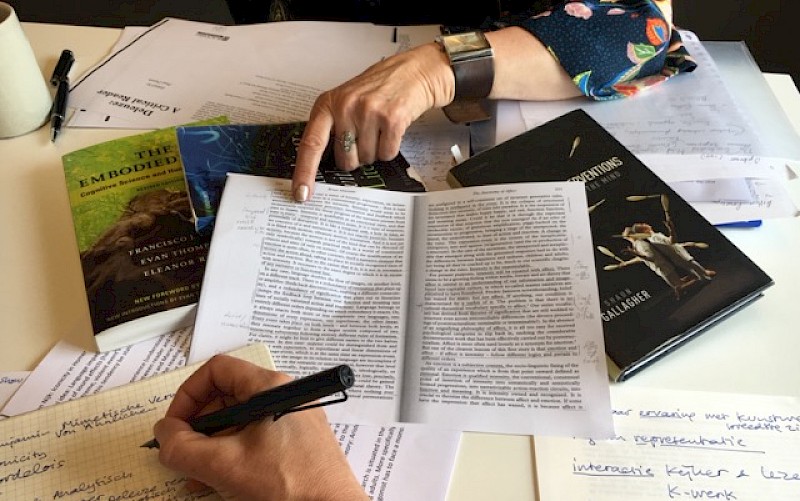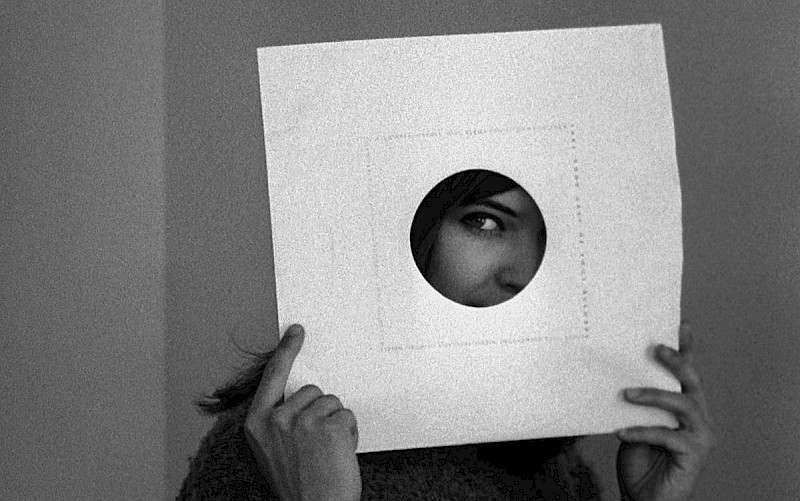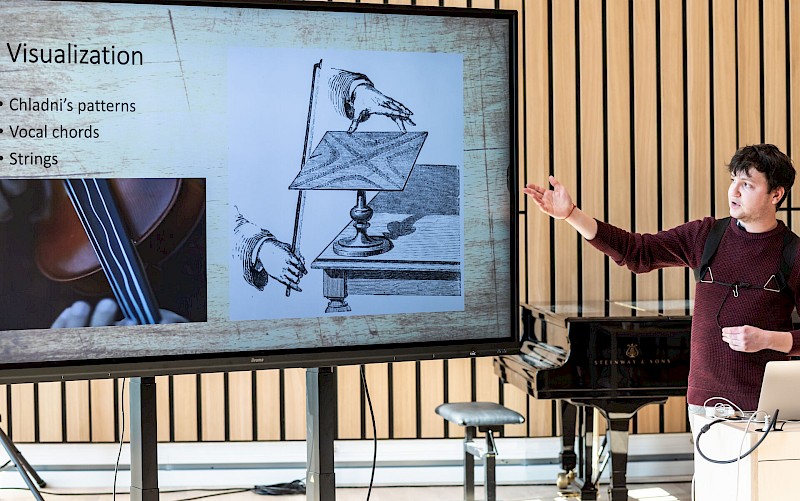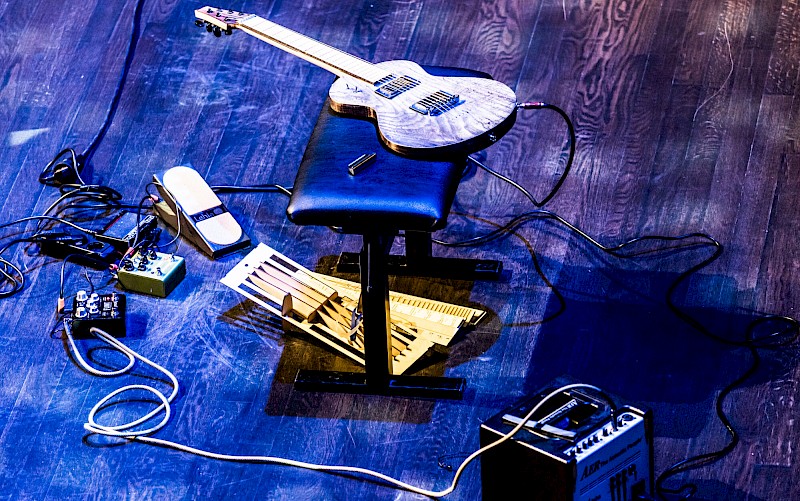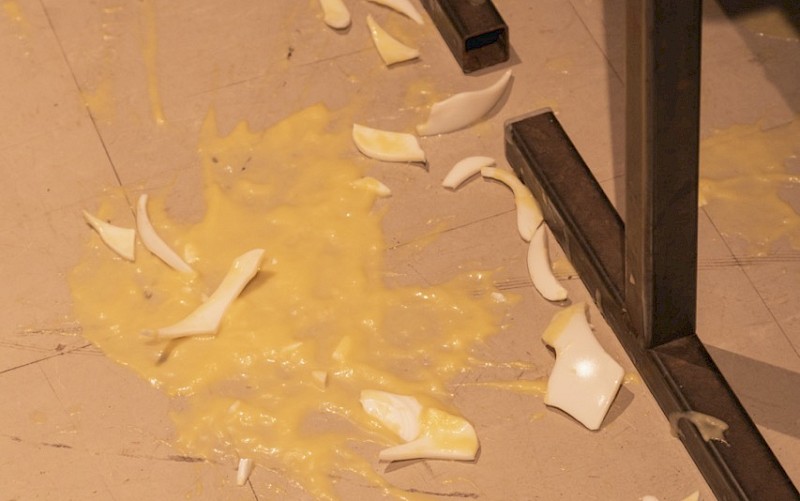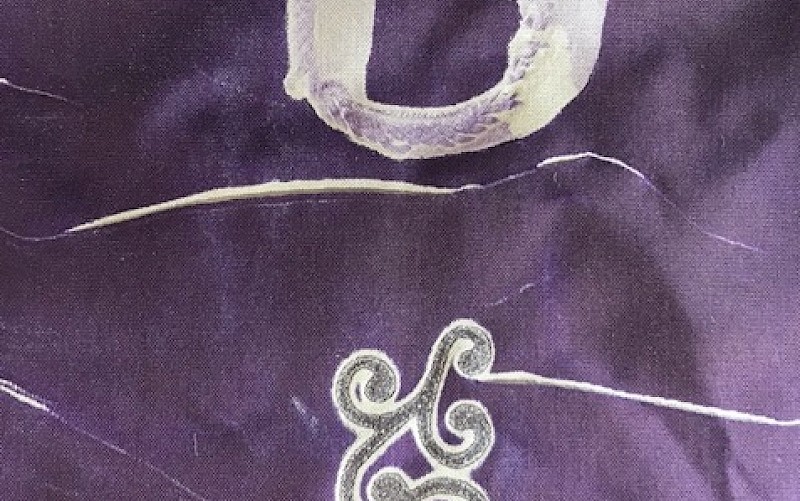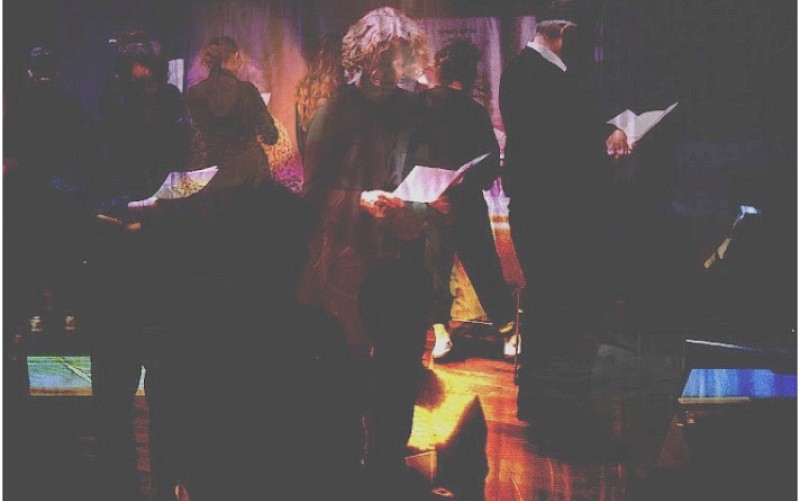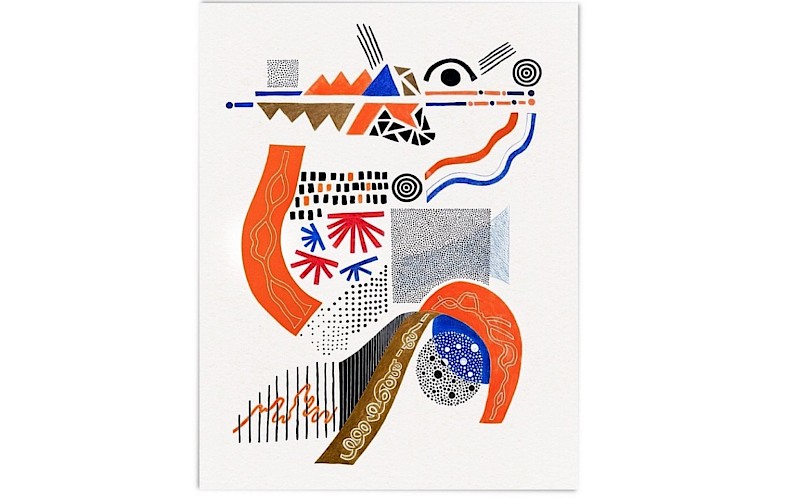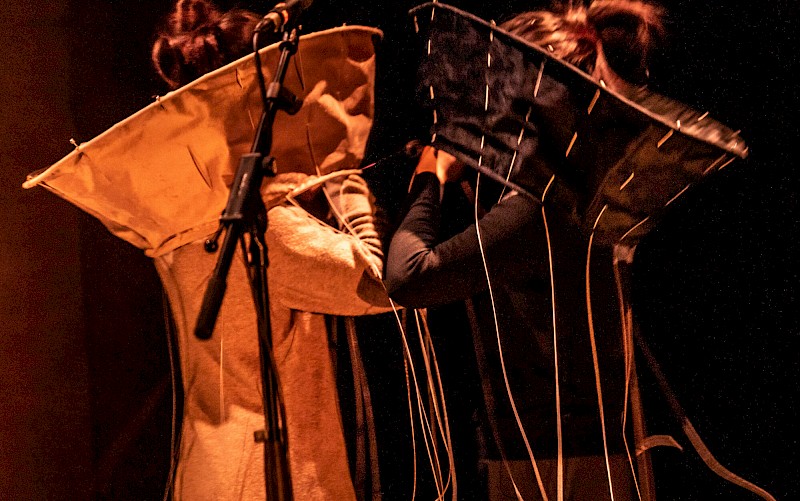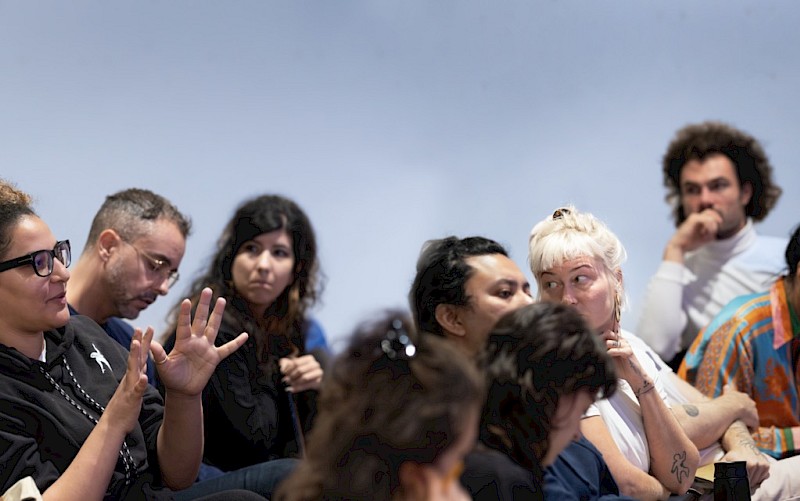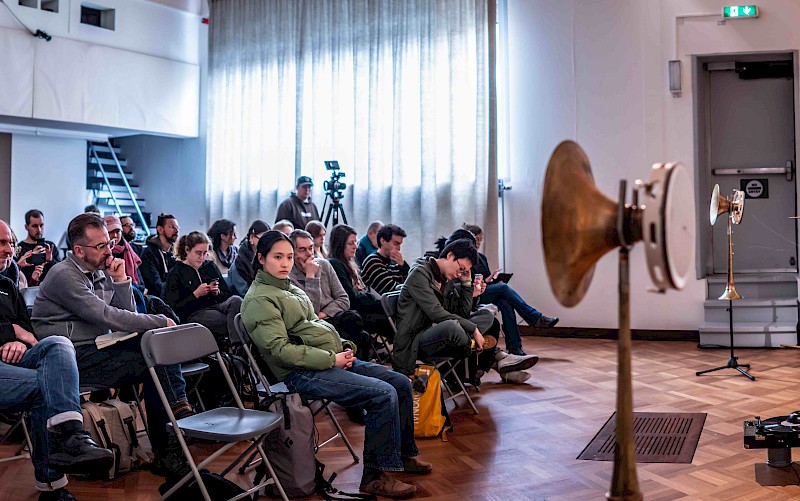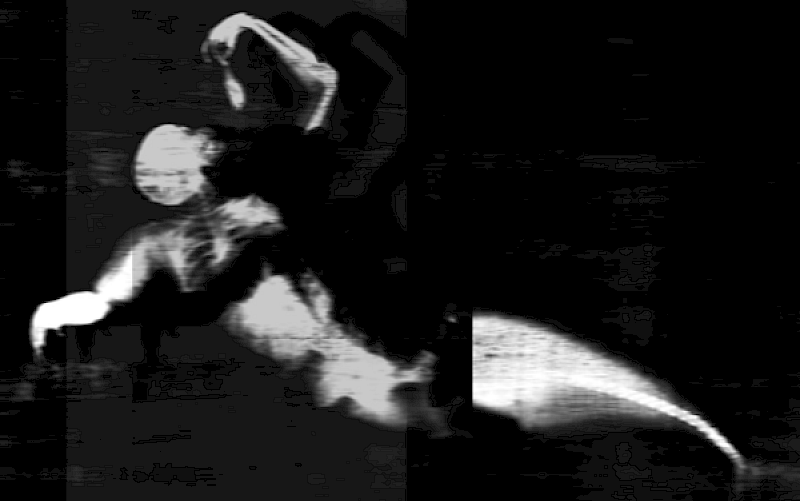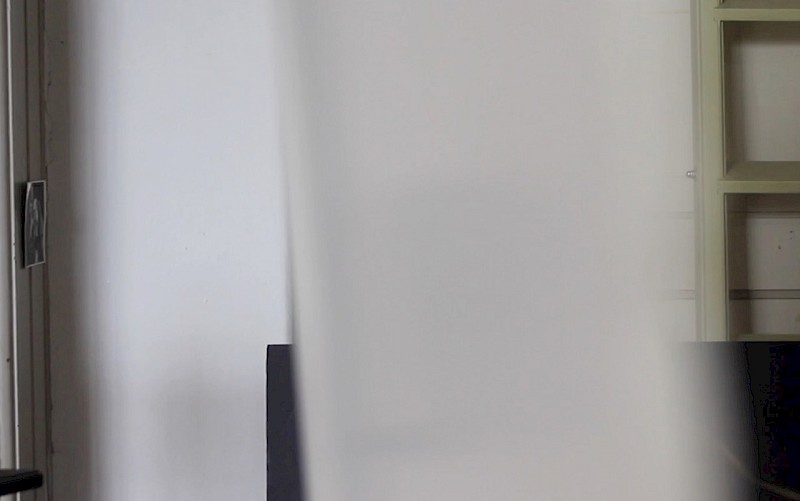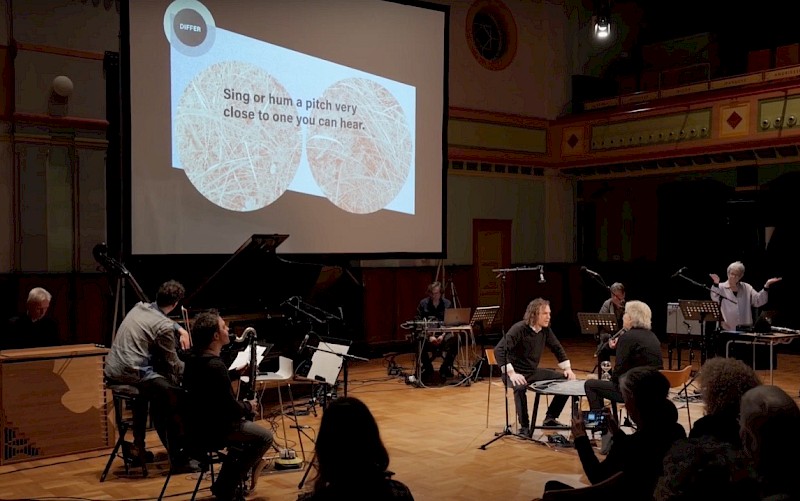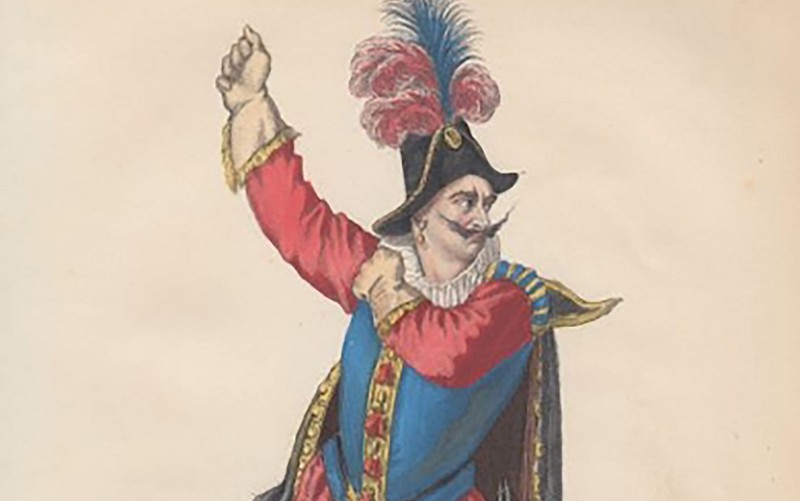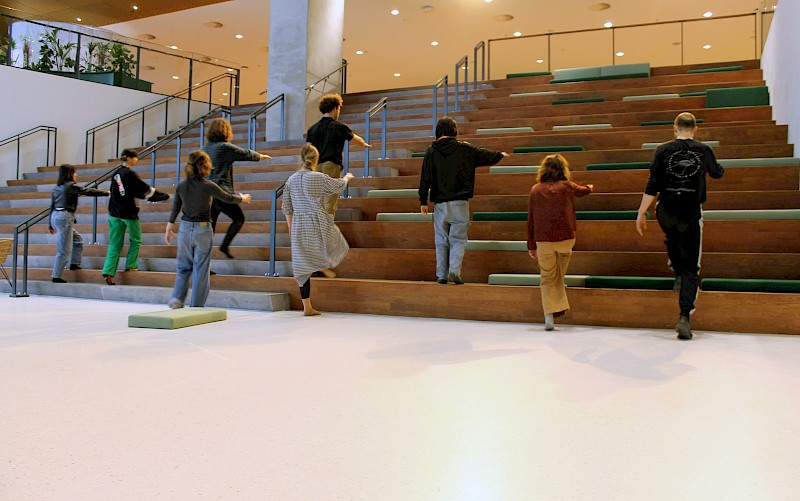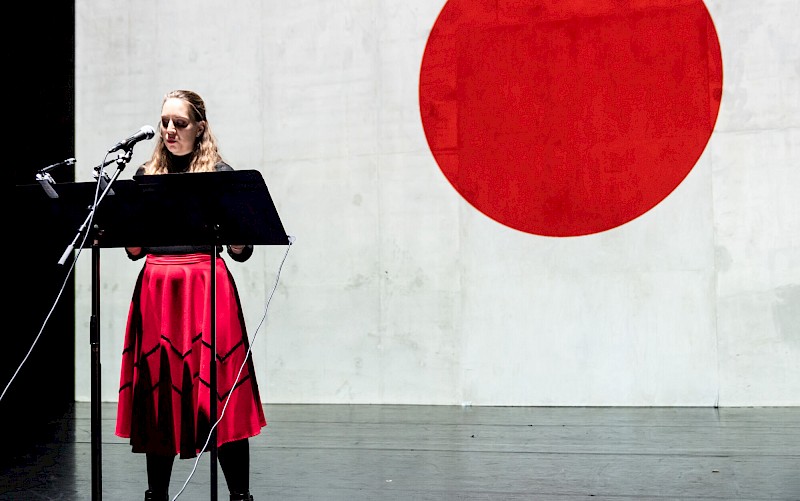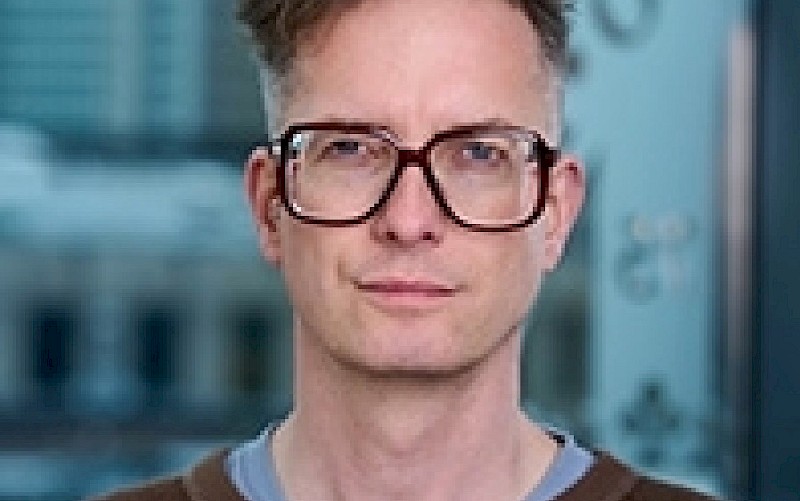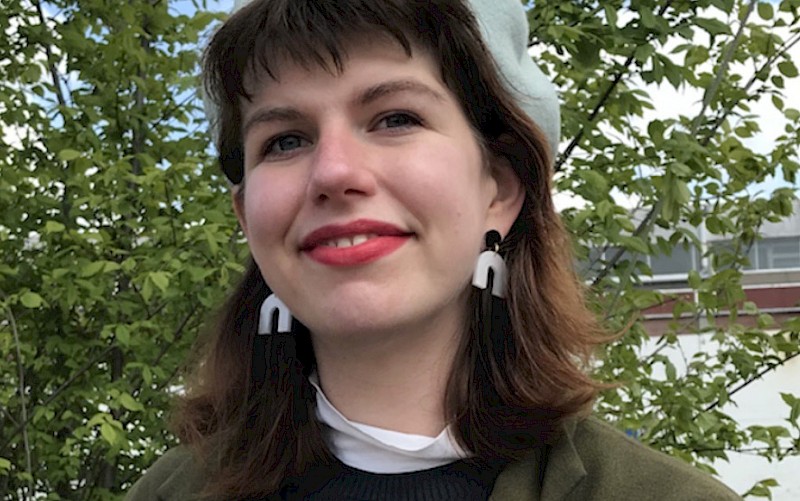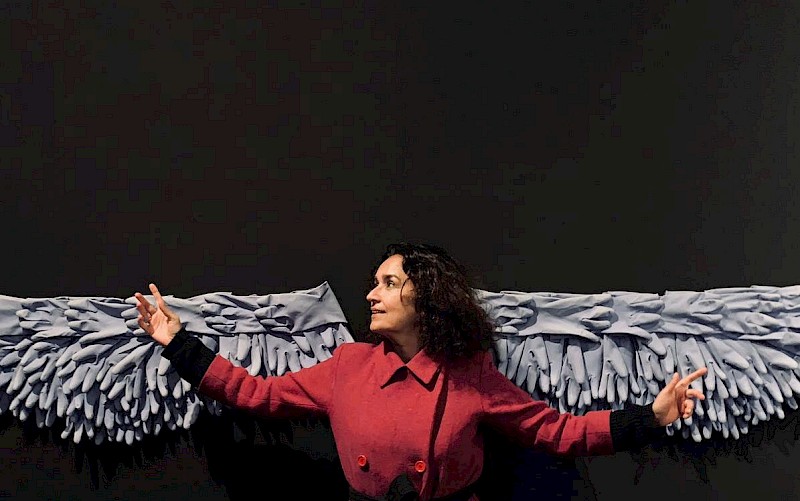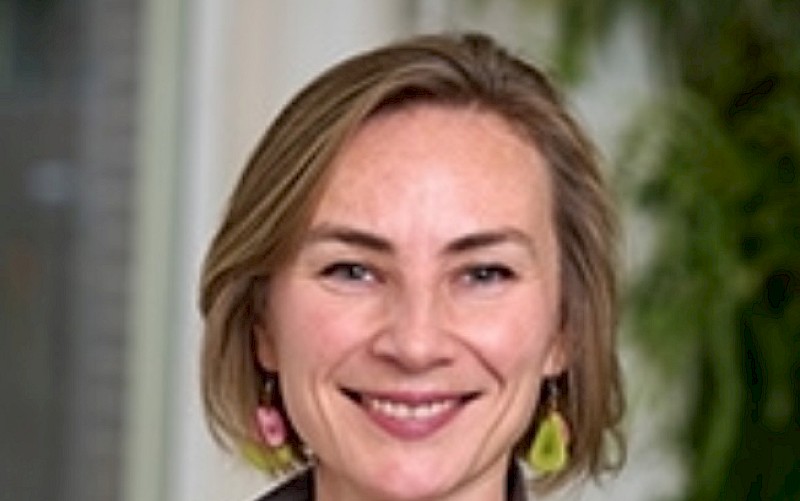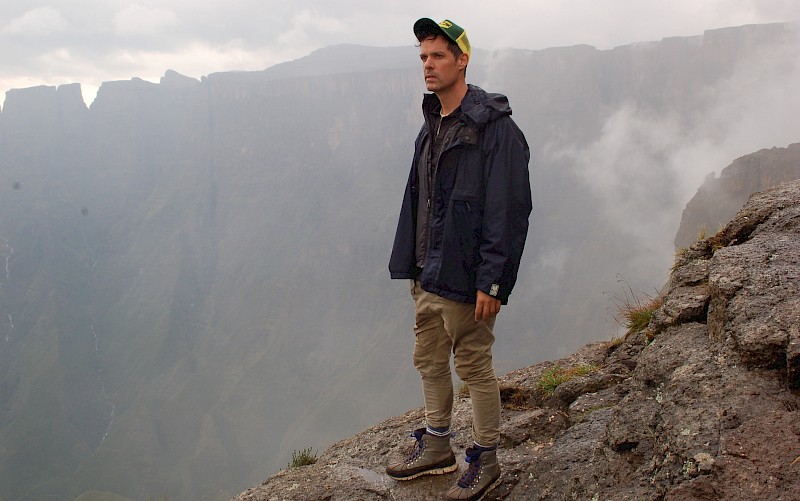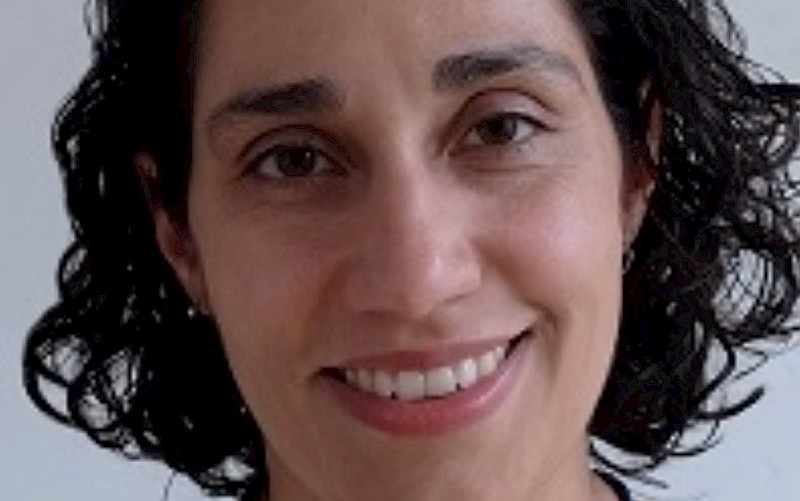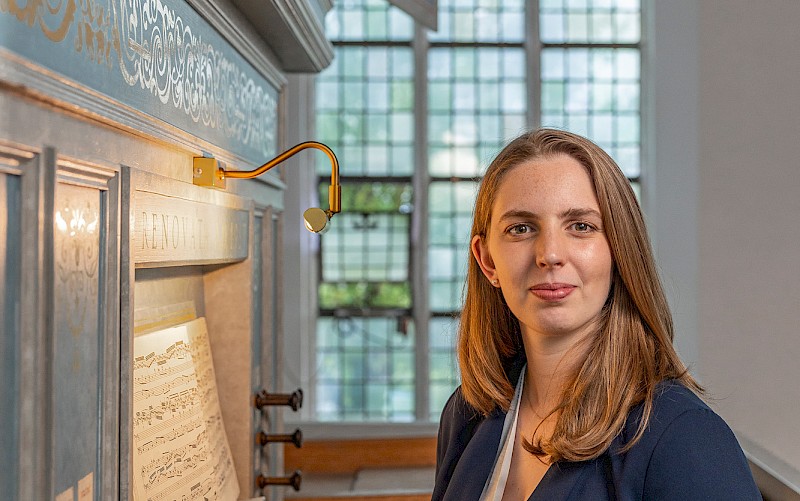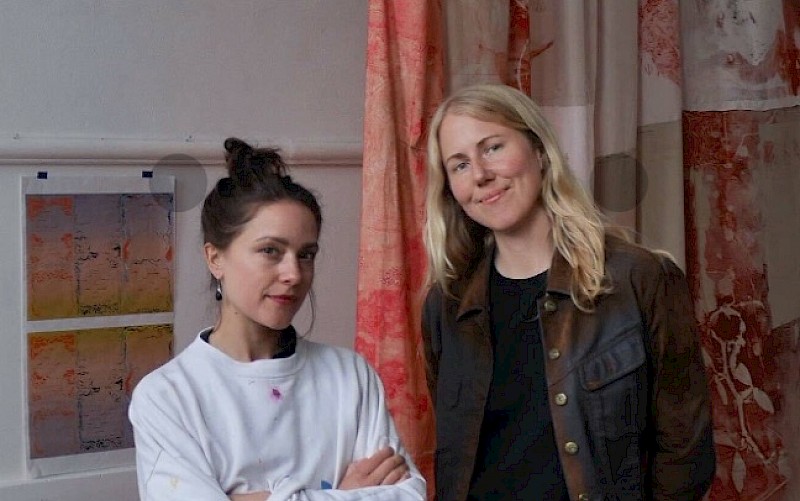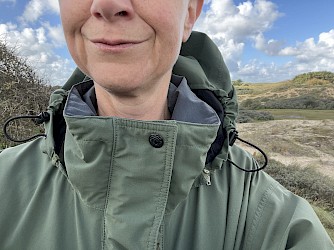
Sophie van Romburgh
Sophie van Romburgh is a University Lecturer at the Leiden University Centre for the Arts in Society (LUCAS).
Van Romburgh researches the learned process, practices and scholarly culture of Septentrional philology – the early modern study of medieval Northern European words and literatures called ‘Germanic’ today. In part the reflective practice of a philologist researching philologists, my interest especially concerns the Septentrionalists’ reflective process, philological practice, embodiment, poetic and visual thinking, presence, paronomasia, metalepsis and performance. Continuing my project on the ideas seventeenth-century philologists developed on medieval Germanic literatures (2003–2007), funded by a NWO Veni grant, my focus is on the early modern philologists’ intertwining of scholarship steeped in humanist Latin culture and the medieval Germanic vernacular past, with some emphasis on the studious pursuits of Francis Junius and Ole Worm.
Over the past few years, Van Romburgh has worked on preparing several publications. The most recent essay “Hyperboreo sono: an exploration of erudition in early modern Germanic philology” (accepted) reflects on the generative force of embodied, poetic, visual thinking in early modern erudition, with a focus on Septentrional philology. She has analysed the learned language play of occasional poems that mix seventeenth-century scholarly culture and early Germanic language in the paper “Le jeu de l’hybridité des poèmes de circonstance scaldiques et anglo-saxons modernes” (accepted). In this contribution to Mittelalterphilologien heute (in print), she considers how early modern scholars sought to make the ancient Germanic materials present in their philology (“How to Make the Past Age Present: Some of Ole Worm’s and Francis Junius’ Humanist Efforts”).
Since 2011, she has also assisted interested researchers and applicants across LUCAS with the editing and fine-tuning of their research proposals for various NWO and ERC grants, including the VENI scheme, VIDI scheme, ‘Vrije Competitie’, KIEM, Humanities–Creative Industries, Rubicon, PhD scheme ‘duurzame geesteswetenschappen’, and the ERC starting grant. Besides some expertise gained at LURIS meetings, she brings to this the experience in researching the learned process of early modern humanist scholars, and the experience in the creative process from a BFA in fine arts and an independent art practice.
The site Art by walking : the presence of passing shows more of her art practice.
